Engineered E. coli could make carbohydrates, renewable fuel, from CO2
Green Car Congress
SEPTEMBER 12, 2021
Researchers from Newcastle University in the UK have engineered Escherichia coli bacteria to capture carbon dioxide using hydrogen gas to convert it into formic acid. The organism naturally performs a mixed-acid fermentation under anaerobic conditions where it synthesises formate hydrogenlyase (FHL-1). In this study, an E.






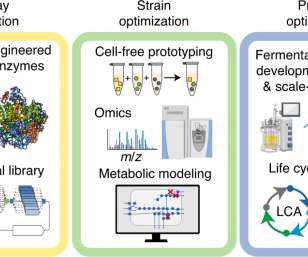





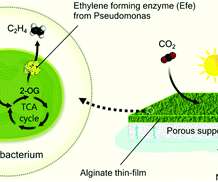


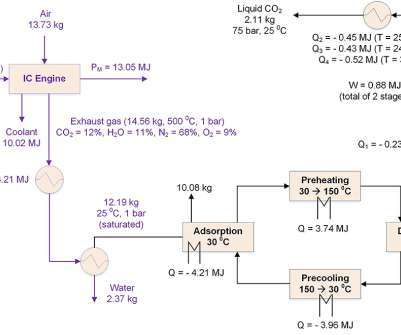


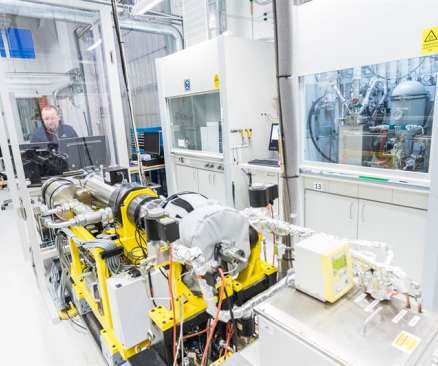



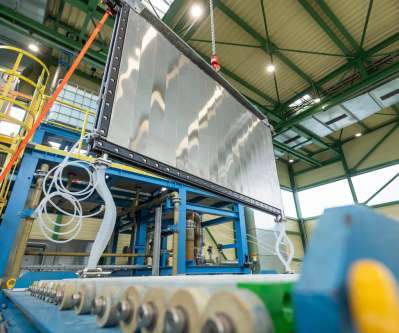















Let's personalize your content